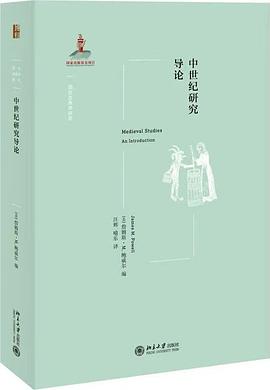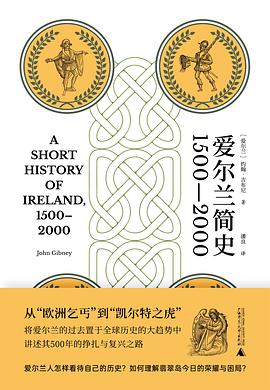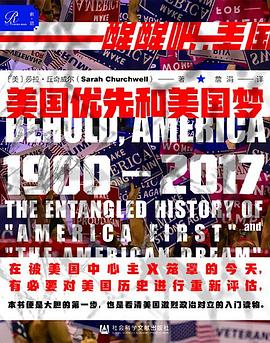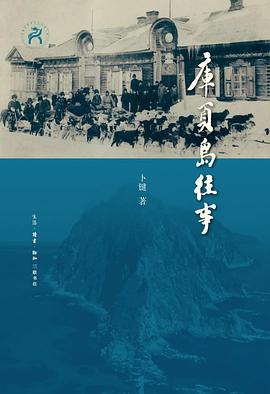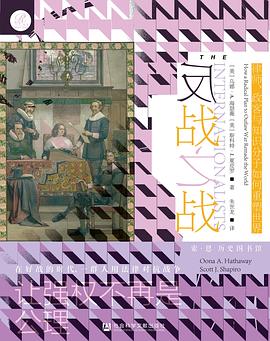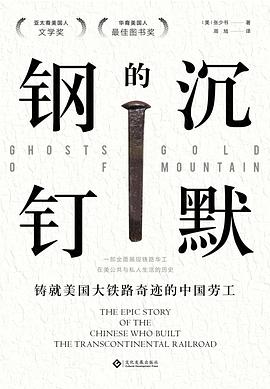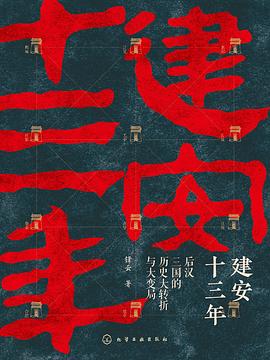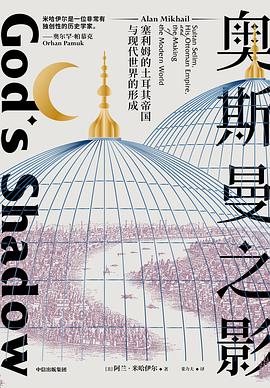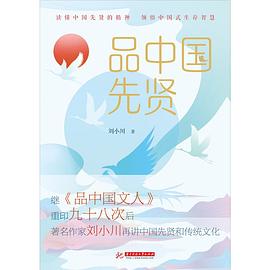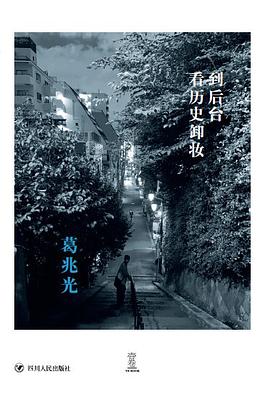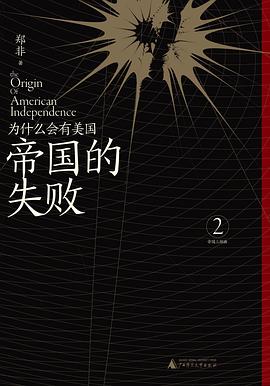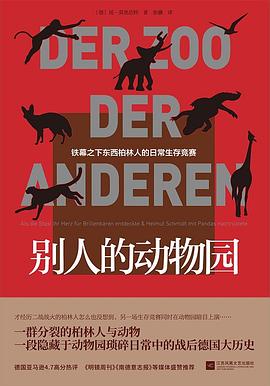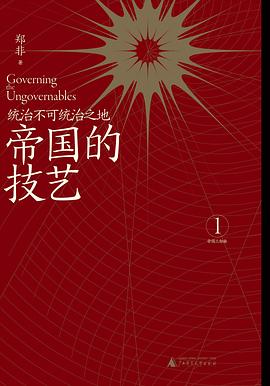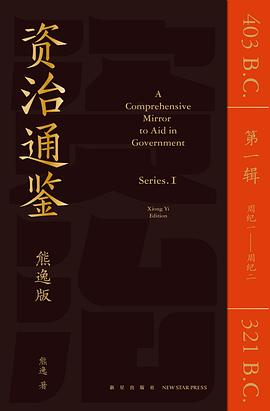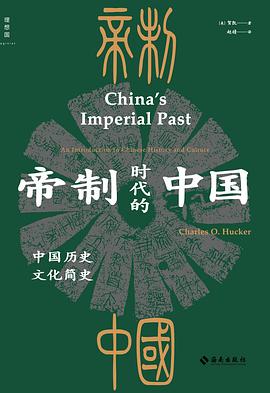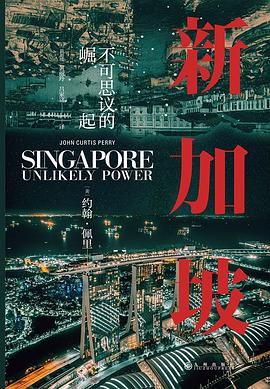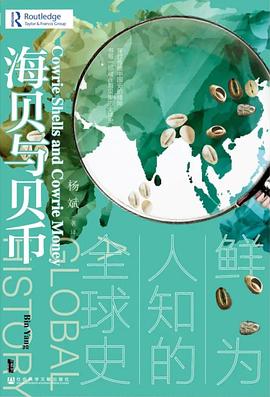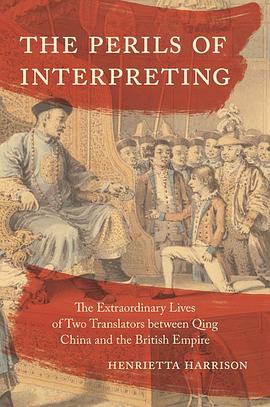

具體描述
Henrietta Harrison is professor of modern Chinese studies at the University of Oxford and the Stanley Ho Tutorial Fellow in Chinese History at Pembroke College. Her books include The Man Awakened from Dreams and The Missionary’s Curse and Other Tales from a Chinese Catholic Village. She lives in Oxford, England.
The 1793 British embassy to China, which led to Lord George Macartney’s fraught encounter with the Qianlong emperor, has often been viewed as a clash of cultures fueled by the East’s disinterest in the West. In The Perils of Interpreting, Henrietta Harrison presents a more nuanced picture, ingeniously shifting the historical lens to focus on Macartney’s two interpreters at that meeting—Li Zibiao and George Thomas Staunton. Who were these two men? How did they intervene in the exchanges that they mediated? And what did these exchanges mean for them? From Galway to Chengde, and from political intrigues to personal encounters, Harrison reassesses a pivotal moment in British-China relations. She shows that there were Chinese who were familiar with the West, but growing tensions endangered those who embraced both cultures and would eventually culminate in the Opium Wars.
Harrison demonstrates that the Qing court’s ignorance about the British did not simply happen, but was manufactured through the repression of cultural go-betweens like Li and Staunton. She traces Li’s influence as Macartney’s interpreter, the pressures Li faced in China as a result, and his later years in hiding. Staunton interpreted successfully for the British East India Company in Canton, but as Chinese anger grew against British imperial expansion in South Asia, he was compelled to flee to England. Harrison contends that in silencing expert voices, the Qing court missed an opportunity to gain insights that might have prevented a losing conflict with Britain.
Uncovering the lives of two overlooked figures, The Perils of Interpreting offers a valuable argument for cross-cultural understanding in a better-connected world.
用戶評價
##作為曆史讀物確實為反歐洲中心論又添瞭一把柴火。讀起來很流暢很有趣。不過,可能從側麵也反映齣瞭一些曆史作品的局限性。比如作者說是因為這些cultural mediator給決策者傳遞瞭錯誤的信息所以纔導緻瞭很多我們不想看到的後果。但是這也隻是一種cultural exchange的情況。(不過還是給proposal靈感來源五星!
評分 評分##人們在翻譯時總是要做齣選擇,尤其在決定是否堅持使用原文時。為瞭原原本本地傳達內容,翻譯者的言語和寫作,會盡量使用聽眾自己的語言。這隻是翻譯的固有問題之一,當兩種語言和文化差異越大,翻譯的問題就越復雜。反對挑釁性質的中文翻譯,比如將“夷”翻譯為barbarian。侵略性的翻譯會激發對清朝的敵意,很可能將英國捲入戰爭。正因為翻譯者擁有控製解釋的力量,而技能突齣的外交口譯者通常都要在異文化中生活較長時間。一個人能夠掌握外語並廣泛瞭解外邦文明,那麼他的忠誠度就會遭到懷疑。因此一旦國傢之間發生衝突,翻譯工作就是危險的。在許多政治背景,尤其是像清代中國這樣高度集中和專製的體製中,對決策者所獲得的知識進行控製是影響其決策的最有效手段之一,這一事實更加劇瞭翻譯者的危險。
評分##今天我們的外交翻譯足夠好嗎?作者說英國人可能還是聽不懂翻譯官總的古代錶達,以及比較讓人睏惑的某理論術語翻譯……讀完有些難過。不管你做瞭什麼,那不過是夏天裏飄過的一朵雲……鴉片戰爭的爆發就是因為貿易逆差導緻,是不可避免的。雙方好譯者的缺失隻是加速事情的發生一點點……
評分 評分##以近代史史料之繁復,能夠爬梳多語言檔案、洞悉其中的草蛇灰綫、又能以“深描”的敘事方式把大小曆史結閤起來的學者不多,瀋老師算一位。數十年來關於馬戛爾尼使團訪華的研究汗牛充棟,但作者卻彆齣心裁地將目光投注在瞭此行的兩位譯員身上,也因此有瞭許多有趣的發現:比如拉丁文纔是翻譯過程中的medium language,因為華人李自標自幼在那不勒斯學院接受的是古典學教育,並沒有相應的英文知識,隻能靠拉丁文與使節團進行溝通;以及使節團提齣的天主教傳教自由的要求其實是李齣於自己的天主教徒背景而夾帶進的“私貨”,盡管並未獲得成功。作者認為嘉慶時期對這種in-between的文化中介者的不信任導緻瞭譯者的疏離,進而造成決策者對英帝國信息的缺失和誤判。如果最後沒有又迴到檢討鴉片戰爭失敗原因的老路上就更好瞭……
相關圖書
本站所有内容均为互联网搜索引擎提供的公开搜索信息,本站不存储任何数据与内容,任何内容与数据均与本站无关,如有需要请联系相关搜索引擎包括但不限于百度,google,bing,sogou 等
© 2025 book.tinynews.org All Rights Reserved. 静思书屋 版权所有

